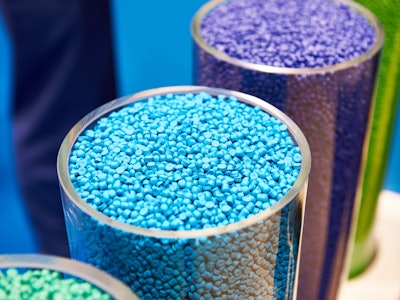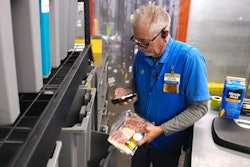In a significant position change, sources told Reuters that the United States will now support a global treaty to reduce the production of new plastic. This move marks a departure from the U.S.’s previous position, which advocated for each country to set its own plastic production policies. The shift aligns the U.S. with a coalition of nations, including members of the European Union, South Korea, Canada, Rwanda, and Peru, pushing for international caps on plastic production and eliminating certain harmful chemicals used in plastic manufacturing.
The U.S. now also supports working to create a possible global list of chemicals on which to develop obligations to avoid a "patchwork" of different national requirements, as well as set global criteria to identify what should be on a list of "avoidable plastic products" to phase out, the source said.
This policy change comes ahead of critical United Nations negotiations set to conclude in November in Busan, South Korea. The Busan talks will take place after the U.S. presidential election on Nov. 5, in which Vice President Kamala Harris is up against former President Donald Trump. Trump has previously shunned global environmental agreements and pulled the U.S. out of the UN Paris climate agreement.
These talks are expected to finalize a global treaty to address the plastic pollution crisis. The U.S.’s new position puts it at odds with major plastic producers like Saudi Arabia and China, who prefer that the treaty focus on recycling and waste management rather than production limits.
The EU and other parties have raised concerns that ongoing divisions between countries over the treaty's scope will make it difficult to close negotiations in Busan.
They have launched the "Bridge to Busan" effort to keep plastic production targets "alive" in the treaty text at the Busan talks. The source did not say whether the U.S. would support that effort.
The White House's decision has drawn mixed reactions. Environmental groups, including Greenpeace, have praised the move as a "watershed moment" in the fight against plastic pollution.
"It is a welcome signal that they are finally listening to the demands of the American people," said John Hocevar, Greenpeace USA Ocean’s Campaign Director.
Conversely, industry representatives like the American Chemistry Council criticized the shift, arguing that it could harm U.S. manufacturing and job growth.
"With today’s shift in position to support plastic production caps and regulate chemicals via the UN Plastics Agreement, the White House has signaled it is willing to betray U.S. manufacturing and the hundreds of thousands of jobs it supports," said Chris Jahn, president of the ACC.
As the global community prepares for the Busan summit, the U.S.'s support for production caps could be a pivotal factor in the treaty's outcome, signaling a stronger global commitment to tackling the root causes of plastic pollution.

























